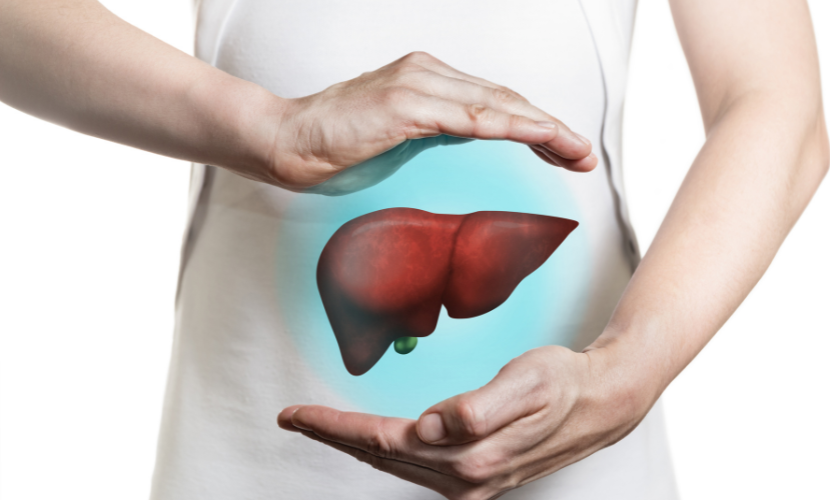
BEST LIVER SPECIALIST IN DUBAI
Living Donor Liver Transplant

FREQUENTLY ASKED QUESTIONS
Who can be a live donor?
The donor preferably is a first degree realtive. If a first degree relative is not suitable for donation then a close relative or friend can be considered. The blood type of the donor must be compatible with the recipient’s. The donor should be in good physical and mental health. The donor should be between 19-60 years old. The decision to be a donor should be made after careful understanding of the procedures, and consideration of the risks and complications involved.
What would immediately disqualify me as a donor?
- History of Hepatitis B or C
- IV drug use
- Psychiatric illness currently under treatment
- A recent history of cancer
- A significant medical condition
If I am related to the recipient, will he or she have less rejection?
The risk of rejection in a live donor liver transplant is low. The same risk of rejection exists when the donor is related or non-related.
What are the advantages to live donor liver transplant?
The main advantage is the shortened waiting time for the recipient. Depending on their condition, diagnosis, status, blood type and size, patients can be on the waiting list for months or even years. Some patients may develop complications and even die while waiting for a deceased donor organ.
Will the recipient be removed from the active transplant waiting list if I’m evaluated?
NO. The recipient will remain on the active list until he/she is actually transplanted. Should a deceased liver become available for the recipient, no further testing of the living donor will take place, and scheduled surgery would be cancelled.
What is the evaluation process all about?
The evaluation process is to determine if the donor’s liver is the right size for the recipient and is healthy. The evaluation also ensures that a potential donor is free from any transmittable diseases or psychiatric illness.
What are the possible complications of the donor’s operation?
As with any surgery involving general anesthesia, there are possible complications of the anesthesia itself, including heart complications, stroke and blood clot formation in the legs or lungs.
There is also a risk that the remaining portion of your liver will fail and you will need an urgent liver transplant yourself. While these complications are very rare, the risks exist, and we will discuss them with you in more detail during the evaluation. The most common complications of this surgery are small bile leaks from the remaining portion of your liver, wound infections, and hernias. Gastrointestinal upsets such as constipation, indigestion, nausea or diarrhea are common; however, usually resolve after a couple of weeks.
Should I stop smoking before my surgery?
Even a light smoker should stop smoking before surgery. A heavy smoker may not be considered a suitable donor due to increased health risks.
Should I stop drinking alcohol?
If you are going to be a liver donor, it is best that you stop drinking alcohol. If you have a history of alcohol use, it is very important that you tell our team.
Will I require a blood transfusion during my surgery?
Blood transfusions during this surgery may be necessary, as with any kind of operation, but are not usual with living liver surgery.
Will I have pain after the surgery?
It is normal to experience some pain or discomfort after surgery. We use a variety of methods to minimize post-operative pain including intravenous and oral medication.
When can I start to drink and eat after my surgery?
Usually you will start having sips of water in the recovery room. You will gradually be advanced and you will be eating a normal diet in 4 or 5 days.
Will I need to take any medication after I donate a part of my liver?
Normally, you would only require pain medication for a short period of time.
How long will I need to stay in the hospital?
If there are no complications, the usual hospital stay is 7-10 days.
How long will I be off work?
The minimum amount of time you need to recover is 4-6 weeks. However, even if there are no complications, some donors require a few months before they feel ready to return to work.
Will I have a normal life after surgery?
We expect that you will return to a totally normal life within 3 months after your surgery, provided you do not experience any complications.
When can I lift weights, jog, swim, etc?
You will need to avoid any heavy lifting (no weight greater than 15-20lbs, or about 2 grocery bags) for the first 6 weeks, until your abdomen has completely healed. After 6 weeks, if you are feeling well and have not experienced any complications, you may begin to return to your normal activities. Begin slowly and build up gradually. Be cautious with activities that strain abdominal muscles.
How long after the surgery will it take before my liver functions normally again?
Unless there are unforeseen complications, your liver will function immediately after the surgery. After 6 weeks, your liver will have grown back to almost its normal size.
